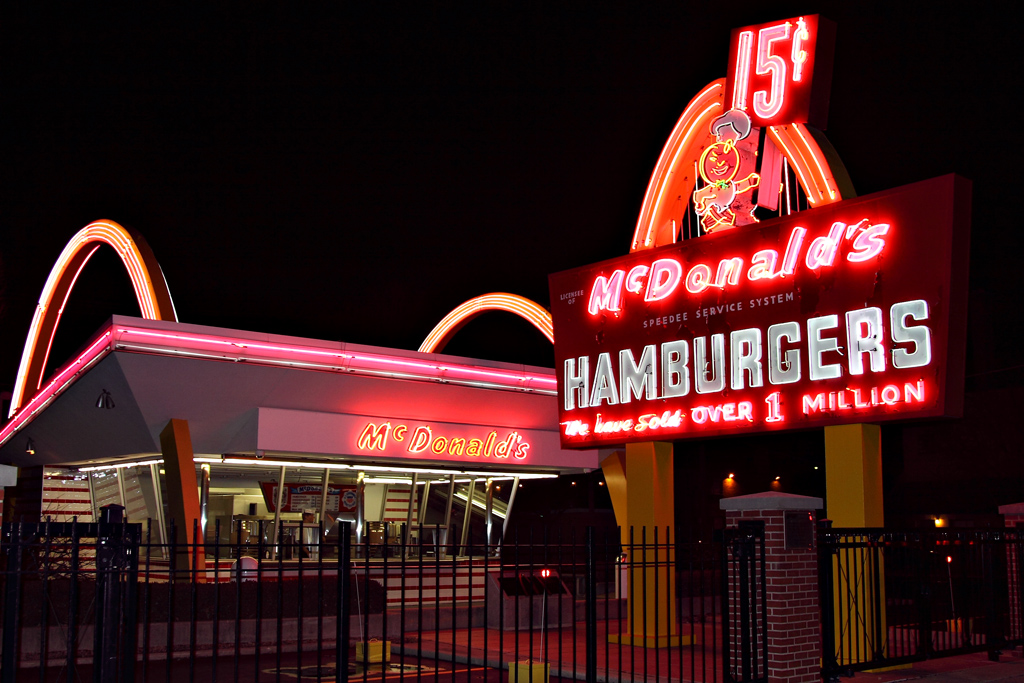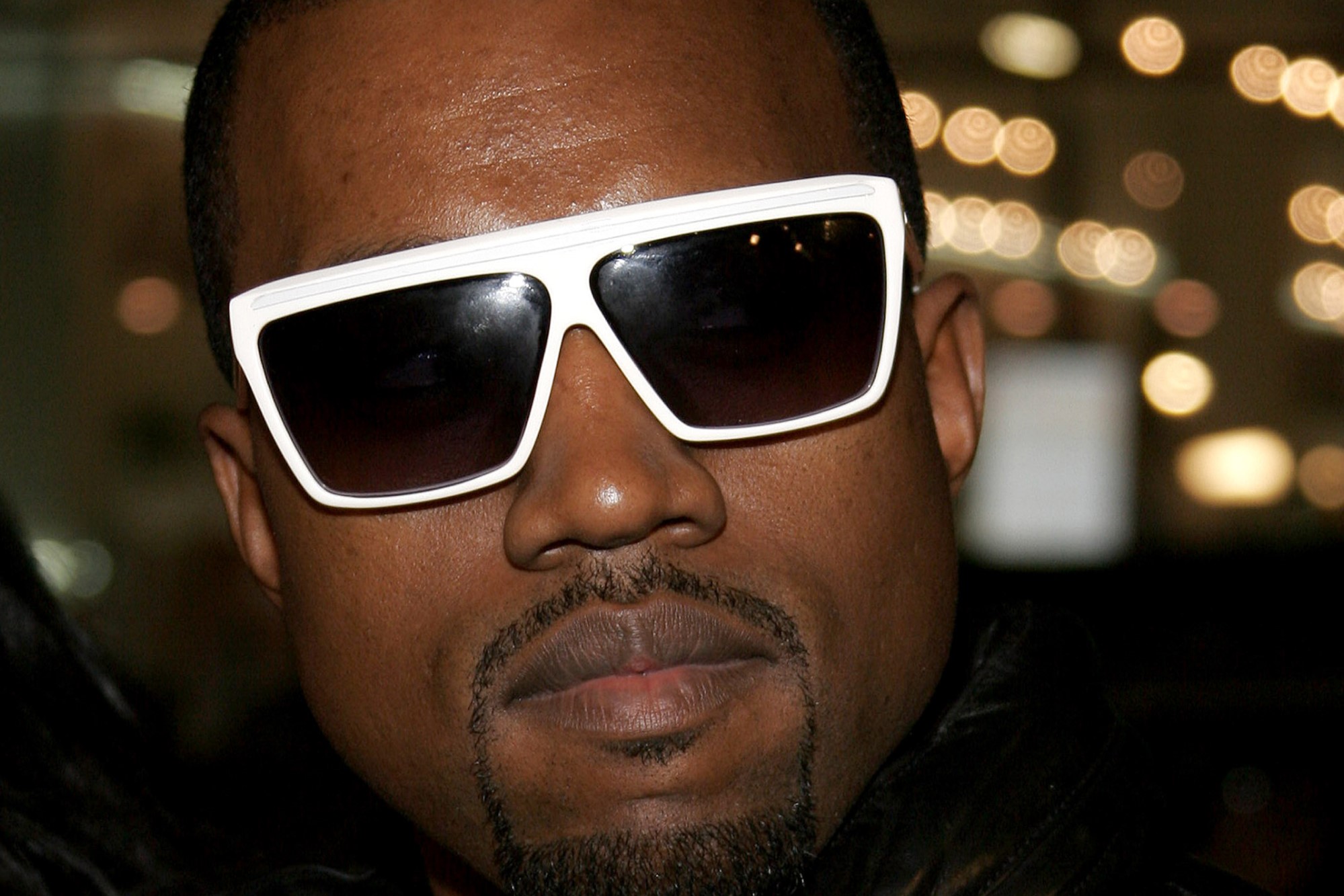The Moral Trap of McDonald’s Szechuan Sauce
After a month of sexual assault allegations in Hollywood, alarming discoveries on Russian meddling with U.S. campaigns, and the largest mass shooting in recent history, one news story seems to have captured the impassioned outrage of young people: McDonald’s failure to provide Szechuan Sauce to its customers after promising to do so. On October 7, the fast food chain re-released a “super limited” quantity of Szechuan Sauce, a sauce McDonald’s restaurants carried in 1998 as a promotion for the Disney film, Mulan, to select stores across the nation.
The sauce was promoted after an offhand joke from the season three premiere of Rick and Morty, Adult Swim’s extremely popular sci-fi comedy cartoon show, which popularized the sauce in a more recent context. McDonald’s announced the return of Szechuan Sauce in a press release on October 1, and fans, both of Rick and Morty and of McDonald’s, responded voraciously by camping out at McDonald’s restaurants the morning before and driving hours to locations where Szechuan Sauce would be served; some even crossed the Canadian border to get the condiment.
Outrage erupted once fans discovered how “super limited” the Szechuan Sauce truly was. Most restaurants that planned to serve Szechuan Sauce on October 7 received no more than 30 packets, while the other selected locations didn’t receive any. Frustration mounted as lines grew longer, and fans took to Twitter to express rage about being denied their sought-after sauce. Some McDonald’s locations even became venues for riots. Customers in a San Jose location filled the restaurant chanting, “give us sauce” towards employees, and managers at a McDonald’s on University of Pennsylvania’s campus had to call police for protection. The fast food chain has since promised to return the sauce in greater quantities this winter, but the few packets bought on October 7 continue to sell on eBay for as much as $500.
This event of McDonald’s re-releasing a sauce from 1998 and the chaos that ensued holds heavy social implications. There is an almost irrational attraction to the sheer novelty of an item popularized by a television show, causing people to spend lots of their time and emotional energy on acquiring it. Compounding on this intense draw to novelty, and perhaps more importantly, there appears to be an allure to commercial nostalgia which the return of Szechuan Sauce upholds.
The Szechuan Sauce chronicle is only one symptom of the power commercial nostalgia holds over consumer preferences. In the Millennial generation primarily, the past seems to be celebrated more than the present, as fashion trends now reflect those of the 1990s, and television and film adopts aesthetics from the 1970s and 80s. For example, the first season of the show Stranger Things, which is set in the year 1983, was the third most-watched Netflix original series in 2016. Much of the show’s fan base is attracted to its sentimental setting and retro fashions. Additionally, Adidas Superstar sneakers, originally manufactured in 1969, and choker necklaces, which were popular through the 1990s, are both growing increasingly popular in recent fashion.
McDonald’s now holds a stake in this societal shift, as the re-release of Szechuan Sauce showed nostalgia’s highly-concentrated power over people’s emotions and behavior. The fast food chain may not understand the full implications of its actions, but does McDonald’s have the moral authority to continue fueling the nostalgic trend?
Nostalgia is argued to have both positive and negative effects over the human psyche. The emotion takes individuals’ focus away from current issues, and encourages people to compare present conditions to those of a glamorized past thus making them more pessimistic. In fact, nostalgia was considered to be a psychotic disorder up until the early 20th century. Doctors diagnosed 5,000 clinical cases of nostalgia during the U.S. Civil War, as soldiers deserting their posts and returning home was becoming a prominent issue, and a few cases have even been treated by burying patients alive.
However, modern perceptions of nostalgia have clearly reversed. New research shows that nostalgia combats boredom, loneliness, and can even strengthen human relationships through bonding over shared memories. Nostalgia is also said to help people through transitions, as fond memories serve as psychological support when the future is uncertain. Whether friend or foe, nostalgia has a heavy influence on society’s general mood, and McDonald’s Szechuan Sauce debacle exemplifies why this influence may be too overpowering in modern times.
Why does a generation immersed in technological innovation find itself so obsessed with trends that should be obsolete? The answer, like nostalgia, is contingent upon the past. The decades which many nostalgia-driven styles borrow from (1970s, 80s, and 90s) were all periods of prosperity in relation to today’s tumultuous social climate. All three of these decades saw positive changes in mean family income across socioeconomic classes in the U.S., and above 3 percent growth in GDP. Recent years, however, have shown a vast negative change in mean family income and GDP growth, as well as decreasing overall happiness amongst Americans.
In addition, approximately 40 million Americans have been diagnosed with an anxiety disorder, with the average age of onset being 11 years old. Nostalgia’s negative effects could be adding to the anxiety of an already high-strung generation, as these statistics only provide more evidence for the already held narrative of Millennials being overstressed, overworked, and unproductive. Society’s obsession with nostalgia may not be a celebration of the prosperity of the past, rather, it could be an attempt to escape from the present. Therefore, a mental trap is set by nostalgia: nostalgia is used as an escape from the present, but it is also a constant reminder of the present’s inadequacy.
McDonald’s and other large companies may be the easiest entities to blame for the current nostalgia crisis, as they advertise and sell products from the past. Companies’ disregard for nostalgia’s traps is only making more people fall for them, and, assuming companies are aware of the harm they are causing, promoting nostalgia in unhealthy doses oversteps the bounds of what businesses should be. Businesses do not only hold responsibility to themselves to generate profit, but they are also responsible for the well-being of their customers. While toxic nostalgia brings in loads of profit and attention, as seen with Szechuan Sauce, businesses like McDonald’s cross moral lines when they use it to manipulate their customers’ interests.
However, nostalgia stems from more than just consumer items. Nostalgia can be caused by familiar environments, smells, or even grief itself as good memories from the past are used to ease negative emotions. In a larger context, the moral authority of companies like McDonald’s to promote nostalgia does not matter because nostalgia is inescapable, whether it can be purchased or not. Rather than combatting nostalgia itself, it is our responsibility to combat its traps. Nostalgia must be practiced in a way that does not control behavior, as it did in the Szechuan Sauce debacle, and that does not take away from the importance of the present. Wearing Adidas Superstars or watching Stranger Things will not make one’s life less enjoyable. Enjoyment, rather, comes from the way we use nostalgia, not from how nostalgia is used by pop culture.





